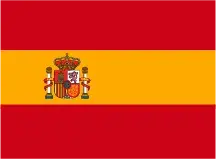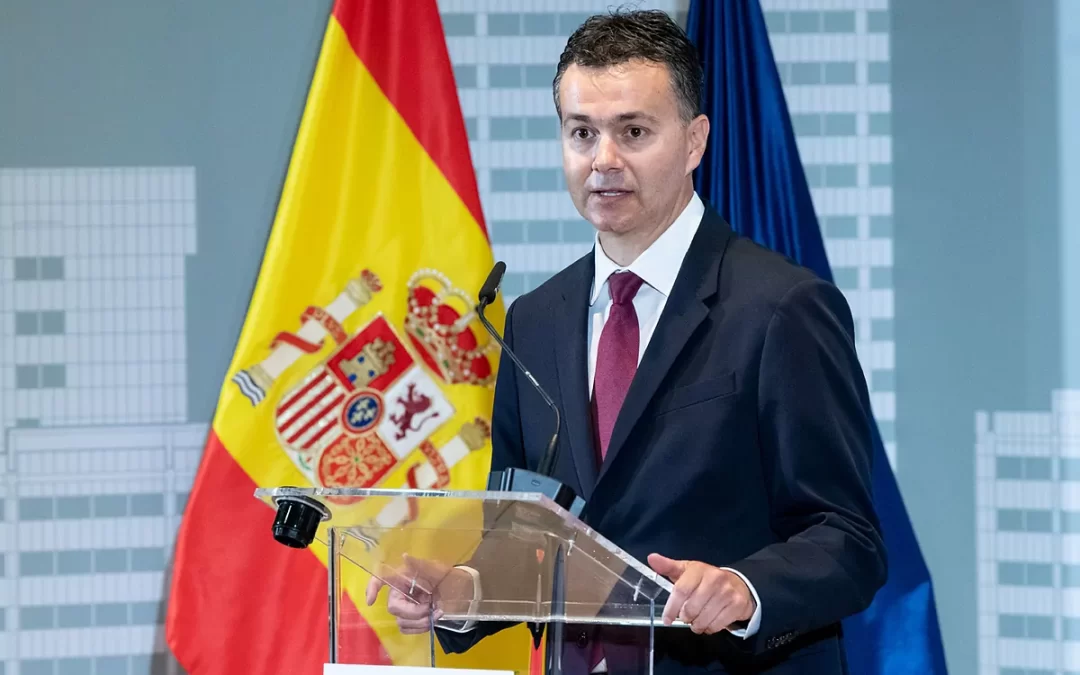The Minister of Industry, Trade, and Tourism, Héctor Gómez, confirmed on Thursday that the Government maintains its objective of launching the second call for the VEC’s Special Vehicle Projects (PERTE) in June.
All of this, despite the early general elections scheduled for the next 23rd of July.
“The call will be upheld,” Gómez stated, as reported by EFE.
The PERTE VEC will continue with two lines: one exclusively for batteries and another for individual projects with an impact on the electric vehicle value chain.
The first one has already been approved by the European Commission and will have 837 million euros.
The Government also expects a “favorable” response for the individual projects line, which will receive 1,475 million euros in subsidies and 0% interest loans.
In total, when both lines are added up, the second call for the PERTE VEC will make 2,312 million euros available to the sector.
This figure is higher than the 2,182 million euros that remained unallocated in the first call of the previous exercise.
The problem arises in this second line of funding.
Sources close to the Government and the automotive sector fear that this government maneuver may affect the principles intended by Gómez.
This included a simple competition process, the lack of need to form large consortia, and the ability to apply individually, among other requirements that the industry celebrated for simplifying the guidelines.
However, the relevant exemption from the guidelines has not been published in Brussels, and the minister warns that it will be published in the same way.
What would happen? The measures encouraged recently would become ineffective, and they would have to revert to the guidelines of the first edition of the PERTE VEC.
This does not apply to the battery funding, which has already been approved.
Until Wednesday, there were supposed to be two publication dates for the PERTE VEC, with the first funding line set to be launched between June 15 and 20, and the second at the end of the month.
On May 11, the European Commission announced that it had given the green light to the battery projects line.
It is a program that complies with “the conditions set in the Temporary Framework for Crisis and Transition.”
“In particular, the aid will promote the production of relevant equipment for the transition to a zero net emissions economy and will be granted no later than December 31, 2025,” Brussels explained.
Each battery production project can benefit from between 100 and 300 million euros.
The maximum amount will be granted to those initiatives proposing the construction of battery plants in areas with low industrial development, as explained by the ministry led by Gómez.
This will allow, for example, the project of the Chinese company Envision, which plans to build a 30 GWh battery plant in Navalmoral de la Mata (Cáceres), to be eligible for 300 million euros.
Similarly, projects focused on component production can receive up to 100 million euros, while investments in raw materials will receive support of up to 25 million euros.
On the other hand, Gómez has stated on Thursday that the Government is “in constant contact with the sector” to advance in areas such as charging points.
This is one of the main requests from the automotive industry, and this work has not stopped despite the early elections.
More about the PERTE VEC:
Once the call for the PERTE VEC is published, it will not be immediately available for companies to apply.
Instead, there will be a waiting period before companies can submit their proposals.
This way, the Government aims to ensure a level playing field for all participants.
After the waiting period, the application window will be open for three months or until the funds are exhausted.
Industry sources consulted by this media outlet affirm that there are already projects that might exceed the maximum funding amount.
Therefore, there is confidence that the funds may be depleted before the estimated time.
Demanding certainty in the PERTE VEC
The certainties given so far by the Ministry of Industry, Trade, and Tourism indicated that the calls for the PERTE VEC would be launched in July.
However, everything is now in doubt due to the fact that the Spanish presidential elections will take place on the 23rd of that same month.
“It is expected to be released, as it is highly likely that the PSOE (Spanish Socialist Workers’ Party) will want to score some points before the elections,” say sources from the sector interested in the grants.
To add further, “This would speed up the resolution of the PERTE VEC. But the reality is that everyone here is very nervous.“
It is worth remembering that a total of 2.9 billion euros are at stake, the amount left over from the first edition.
The confidence that everything will move forward is also shared by Seat and Cupra’s CEO, Wayne Griffiths.
The executive states that the entire political context “will not affect the second call.”
In his statements at the 38th Meeting of the Cercle d’Economia, he pointed out that the process “is very advanced.”
He also indicates that the investments they can make in their Martorell factory (Barcelona) “depend on the grants.”
This includes, for example, the battery assembly plant, which he assured would function “as a new factory within the existing one.”
Seat and Volkswagen are not the only ones eagerly awaiting news from the current government.
Ford, Stellantis, Gestamp, among many other international firms as well as domestic SMEs, mostly depend on the decisions that may be made.
At the beginning of this week, sector sources informed this media outlet that “these responses should be given this week.”







